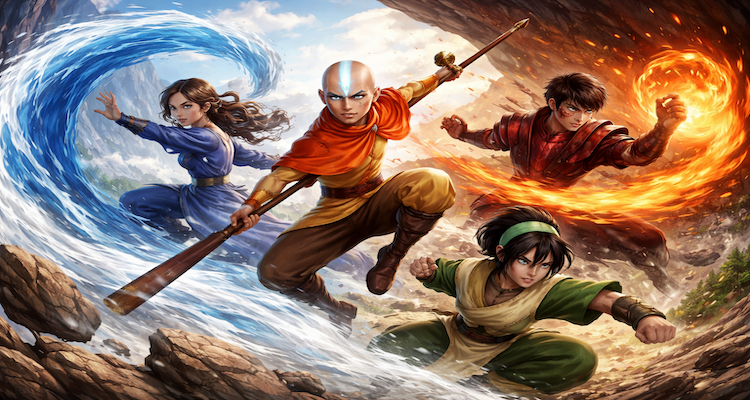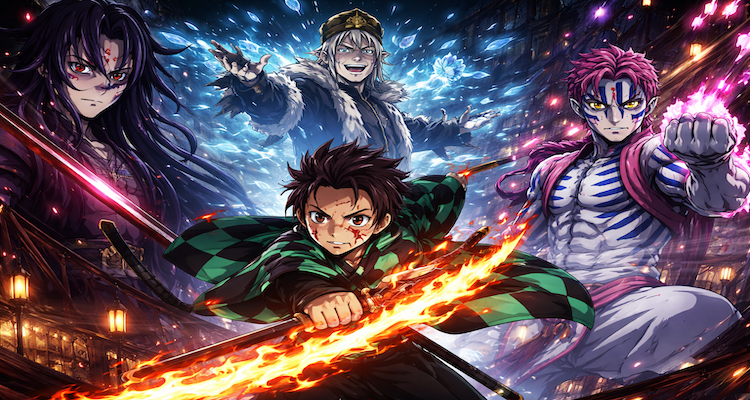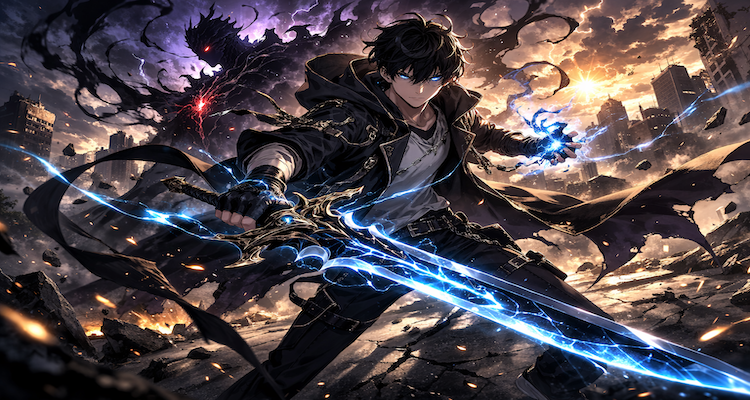Why Gen Z Is Building Cults on Discord

Gen Z is using Discord to build digital cult-like communities. Here’s why these groups are growing, how they operate, and what it means for the future of online culture.
Introduction: The Digital Age of Belonging
On a late-night Discord server, hundreds of teenagers gather not for gaming but to worship a charismatic creator. They share memes, rituals, and even coordinated challenges. What looks like fandom at first glance resembles something more structured—what experts are calling “digital cults.” As traditional institutions lose influence, Gen Z is building new spaces of belonging in the unlikeliest of places: Discord.
Context & Background: From Gaming Hub to Digital Society
Discord, originally designed as a platform for gamers to chat during play, has transformed into a global hub of micro-communities. With over 200 million monthly active users, it allows private servers, voice channels, and customizable roles that give groups a sense of exclusivity. For Gen Z, who often feel disconnected from traditional social structures like religion, politics, or even in-person clubs, Discord offers something they crave: community and identity.
Unlike Facebook or Instagram, Discord isn’t about public performance. It’s about tight-knit circles where rules, inside jokes, and hierarchies create an almost tribal feel. Within these spaces, fandoms, lifestyle groups, and yes—even cult-like structures—can emerge and thrive.
Main Developments: When Fandom Crosses Into Cult Territory
Observers note that certain Discord communities are crossing a thin line between passionate fandom and cult behavior. These groups often share traits such as:
- Charismatic Leaders: Influencers, streamers, or anonymous admins who command loyalty.
- Rituals and Initiation: Exclusive content drops, insider memes, or coded language.
- Isolation from Outsiders: “Us vs. them” narratives that strengthen in-group identity.
- Shared Belief Systems: Ranging from harmless humor to conspiracy theories or radical ideologies.
For example, some servers revolve around a streamer treated like a prophet. Others create mock religions, complete with prayers, digital sermons, and symbolic emojis. While many are satirical or playful, the intensity of devotion can mirror offline cult structures.
Expert Insight & Public Reaction
Dr. Anjali Mehta, a digital sociologist, explains:
“What we’re seeing isn’t Gen Z suddenly becoming cult followers. It’s a reconfiguration of how community and spirituality work in the digital era. Discord provides the perfect environment for symbolic rituals, leader worship, and collective identity.”
Public sentiment is divided. Some applaud these servers as creative, harmless fun—a way to cope with loneliness. Others worry about manipulation, online radicalization, and the risk of vulnerable teens being exploited. On forums like Reddit, parents share concerns that their children are more devoted to Discord “families” than to real-world friendships.
Impact & Implications: The Future of Digital Belief Systems
The rise of cult-like groups on Discord has several implications:
- For Gen Z: These communities provide identity, but can also blur boundaries between fun and fanaticism.
- For Society: Traditional structures—religion, politics, even schools—must reckon with their declining ability to engage young people.
- For Platforms: Discord faces increasing pressure to moderate harmful cults without stifling creative, harmless communities.
As digital-native generations continue searching for meaning online, platforms like Discord may become the breeding ground for entirely new belief systems—ones that blur the line between culture, fandom, and faith.
Conclusion: A Generation Rewriting Belonging
Gen Z isn’t necessarily falling into dangerous cults—it’s rewriting what community, spirituality, and identity look like in the digital age. On Discord, where anonymity, intimacy, and creativity collide, new kinds of collective belonging are emerging. Some may remain playful inside jokes, while others could grow into movements with real-world influence.
The question isn’t whether Gen Z is building cults online—it’s whether the rest of society is ready to understand and engage with these new forms of belonging.
Disclaimer: This article is for informational purposes only and does not claim that all Discord communities function as cults. Many servers are safe, creative, and supportive spaces for Gen Z and beyond.











Thanks for sharing. I read many of your blog posts, cool, your blog is very good.